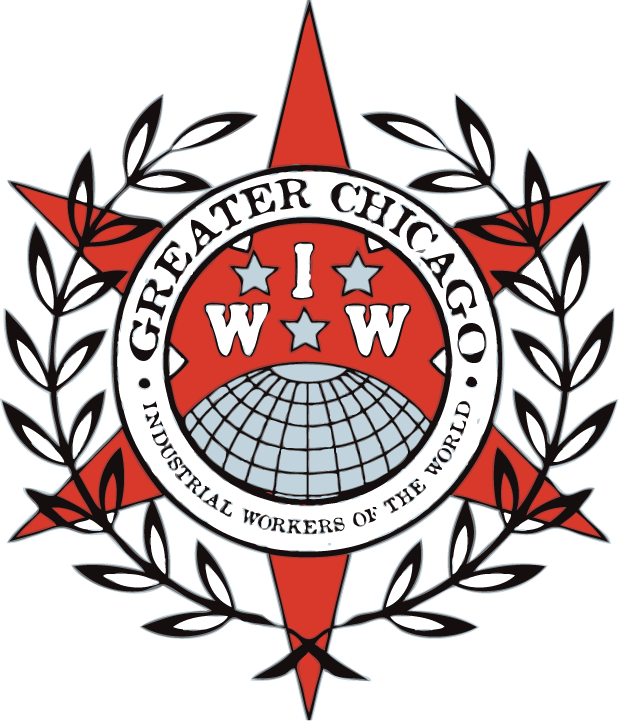A vital piece of labor law, the Joy Silk doctrine, is expected to be reinstated by the NLRB.
Federal labor regulators may soon upend how unions are formed in America.
An impending NLRB ruling is expected to reinstate the so-called Joy Silk doctrine, which allows workers to form a union simply by collecting signed authorization cards from a majority of their bargaining unit rather than needing to participate in a formal election.
The new process, if implemented, will make organizing unions with coworkers far faster and simpler. It will also make union-busting much more difficult.
As we know, public support for unions is very high — the highest level in more than 50 years. Indeed, we’ve witnessed an extraordinary wave of unionization efforts at Starbucks, Amazon, Trader Joe’s, REI, Chipotle, Apple retail stores, and many other places.
Unfortunately, this enthusiasm for unionizing has been met by a powerful flood of union-busting. Starbucks, Amazon, and many other companies have mounted high-pressure campaigns that aim to stifle workers’ voices and prevent democracy in the workplace. These campaigns are meant to scare workers about unions and pressure them to vote against unionizing. To beat back unions, corporate executives and their high-paid consultants often use egregious, hardball tactics, like firing pro-union workers, herding workers into anti-union propaganda meetings, and warning workers that their workplace might shut down if they vote to unionize.
Jennifer Abruzzo, the general counsel of the National Labor Relations Board, is very upset about all the anti-union lawbreaking by employers, and about how that lawbreaking often helps beat back union drives.
So she is pushing for a policy that would make it considerably easier for workers to unionize and to do so without having to face employers’ fierce, weeks-long, often illegal anti-union campaigns. Abruzzo has called for the NLRB to adopt a former labor board policy that is called the Joy Silk doctrine.
The name “Joy Silk” comes from a 1949 case in which the National Labor Relations Board ruled that when a union presents authorization cards signed by a majority of a workplace’s employees, the employer must recognize and bargain with the union unless the employer shows it has a “good faith doubt” about the legitimacy of the union’s majority status.
Under Joy Silk, if a company refused to bargain when it didn’t have a good faith doubt about a union’s majority status, the NLRB would order the company to recognize and begin collective bargaining with the union. “The remedy would be, you are forced to recognize and bargain with this union,” Abruzzo told More Perfect Union.
In the Cemex case currently before the labor board, the Teamsters union launched a campaign to organize ready-mix concrete truck drivers in Las Vegas and Southern California. The Teamsters presented the company with signed authorization cards from 207 of the unit’s 366 employees, nearly 57 percent of the workers. Instead of voluntarily recognizing the union, the employer (as so many corporations do nowadays) demanded an election vote and immediately engaged in illegal unfair labor practices with the aim of reducing worker support for the union.
In her brief in the Cemex case, Abruzzo argued that if the labor board adopts the Joy Silk doctrine, it would greatly improve workers’ ability to organize. Under Joy Silk, she wrote, if an employer violates the law in fighting against unionization, that will demonstrate its lack of good faith in doubting the union’s majority. The Joy Silk doctrine would also create a much clearer and easier route for workers to unionize through card check. Ask any union leader or organizer and they’ll tell you it’s far easier, faster, and less expensive to unionize through card-check than through a union election when employers mount ferocious union-busting campaigns.
(This is from a substack article by Steven Greenhouse, a labor journalist. I’ve chopped out some paragraphs to keep it to the essentials.)
